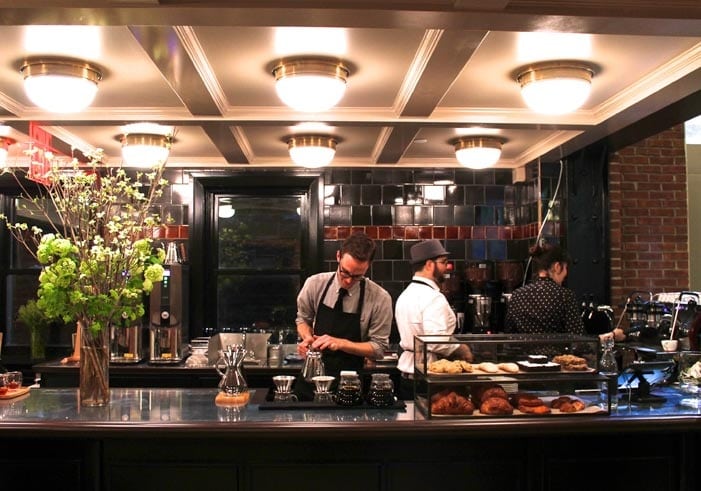What Modern Hotel Brands Can Learn From Airbnb

Skift Take
New competition means hotels need to fight back and put hospitality and community first.
Airbnb is a game changer. But not for the familiar reasons.
Sure, you can book a socially vetted room in just about any city from your phone. But the model, and the the requisite political struggles that come with scale, is old news.
What is most interesting is the knock-on effect that Airbnb, and other home share services like One Fine Stay are going to have on traditional hospitality. With apartments in every city as potential extra capacity and competition, what does this mean for the market?
Airbnb is preaching membership to a likeminded community and makes users feel like they are the in-the-know local. Their user experience reflects this. Their content and hyperlocal recommendations reflect this. And so far, people are responding favorably.
To counter, traditional hotels from the Ritz-Carlton all the way down to the local innkeeper need raise their respective games and remember what the core of their business is: service, grace and providing comfort for guests. They need to bring back small, human moments that add up to something far deeper and more substantial than a points scheme. And they need to remember that the best hotels are vibrant ecosystems in the community and that is part of what makes them interesting.
This is easier than it sounds. For one, like the airline industry, there’s a lot of weird, operational scar tissue that still exists in the hotel world. Namely the fact that you can’t officially check-in until 3pm and have to be out at noon. And, sometimes you get the feeling there’s been so much emphasis on operational efficiency (read: cost-cutting) that some

